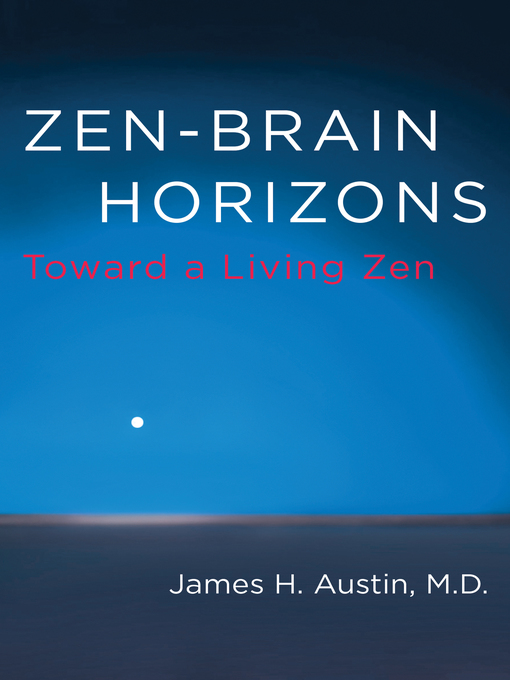In Zen-Brain Horizons, James Austin draws on his decades of experience as a neurologist and Zen practitioner to clarify the benefits of meditative training. Austin integrates classical Buddhist literature with modern brain research, exploring the horizons of a living, neural Zen.
When viewed in the light of today, the timeless wisdom of some Zen masters seems almost to have anticipated recent research in the neurosciences. The keen attentiveness and awareness that we cultivate during meditative practices becomes the leading edge of our subsequent mental processing. Austin explains how our covert, involuntary functions can make crucial contributions to the subtle ways we learn, intuit, and engage in creative activities. He demonstrates why living Zen means much more than sitting quietly indoors on a cushion, and provides simplified advice that helps guide readers to the most important points.

